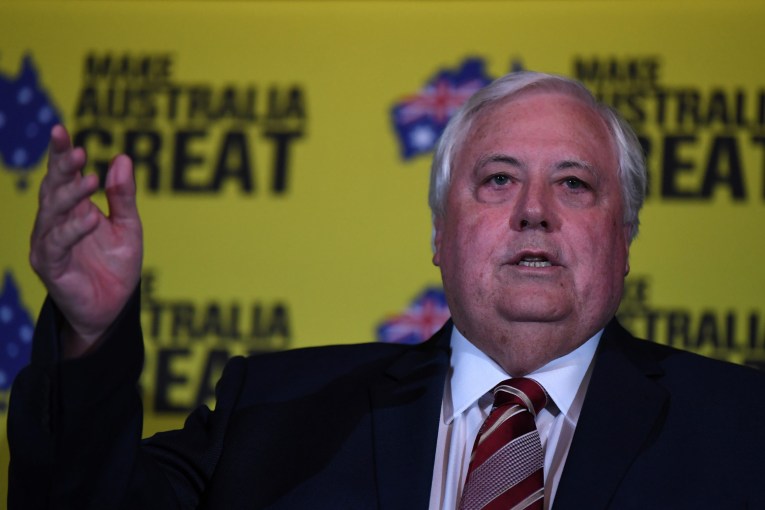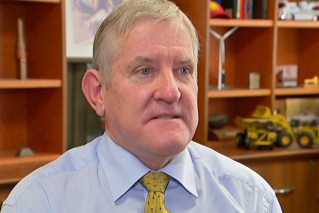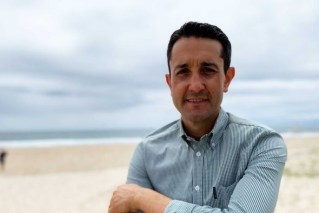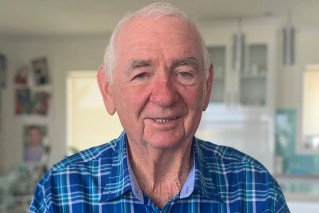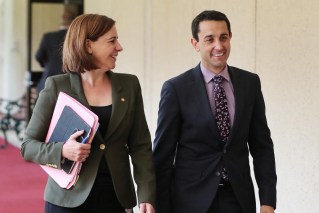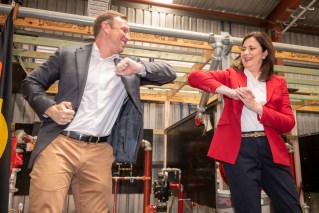The power of incumbency in troubled times – stop me if you’ve heard this one before
A lot of things have changed as a result of the global COVID-19 pandemic but in recent overseas elections, that hasn’t included voters electing to change governments, writes Dennis Atkins

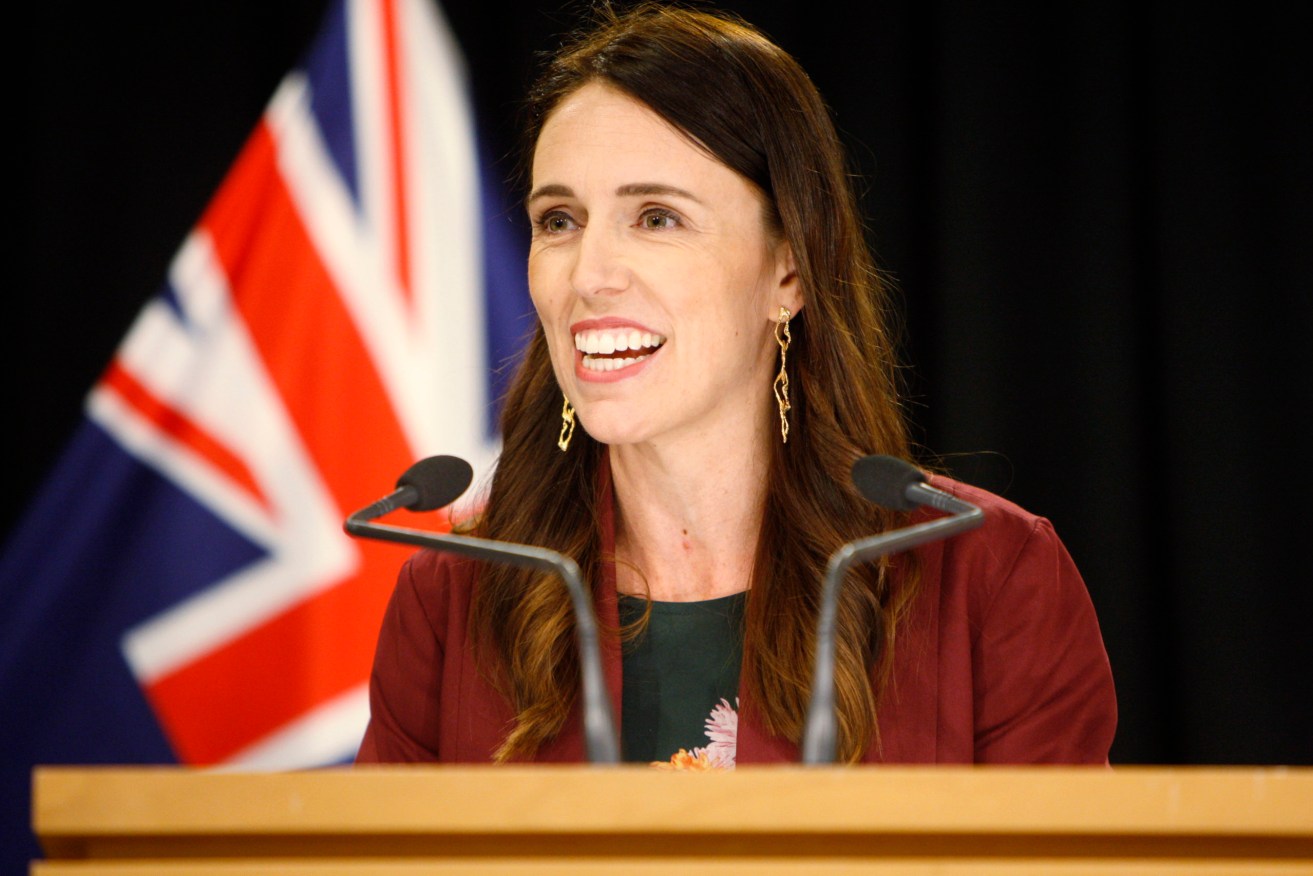
New Zealand Prime Minister Jacinda Ardern is set to announce a 'world first' trans-Tasman travel bubble. (Photo: AP Photo/Nick Perry, File)
Election-watchers looking for pointers in the current Queensland contest from the recent New Zealand poll need to remember two things.
Queensland is not New Zealand and Annastacia Palaszczuk is not Jacinda Ardern.
However, there is an even more recent election that might have some characteristics which could resonate on Saturday.
British Columbia is a province (in other words, a state) of Canada with a population of just over 5 million people – about the same as Queensland.
At the same time, the economy of this state on Canada’s Pacific West Coast is again quite similar to Queensland – a diverse base with natural resources, tourism, technology and services, international trade and public services making up the bulk of activity.
The minority centre-left New Democrat government in British Columbia called a snap election a month ago, which resulted in a big swing to the incumbents, the thrashing of the conservative Liberal Opposition and a sustained performance by the Greens party.
In the last parliament, the New Democrats had 41 seats, two less than the Opposition, but managed to govern with the support of the Greens. This month’s election was a New Democrat victory beyond expectations and bigger than the one predicted in the polls.
The New Democrats now have 55 seats (an increase of 14) while the Liberals lost 12 of their 43 seats. The Greens held their ground.
The post-election analysis sounds very much like much commentary we’ve heard in Queensland during our election campaign.
The handling of the COVID-19 pandemic was central to the New Democrats’ campaign and was the foundation to the low key, small target approach adopted. Also, the strong leadership credentials of incumbent John Horgan were constantly contrasted with the much less popular Liberals’ contender Andrew Wilkinson – someone who was also handicapped by internal party divisions.
If you change the party titles and the names of the respective leaders, you could easily be reading a description of the recent Queensland politics.
So far this year, as the pandemic has rolled on with intensity and deadly consequences, elections throughout the democratic world have had one common feature – incumbents have prevailed, whether by a narrow margin (as we saw in the Northern Territory in late August) or convincingly (as in British Columbia last week).
Queensland may well confirm this trend but there remain – only four days from the official polling day – particular circumstances in this state that might lead to a bucking of this trend. Queensland’s Labor Government could become the first incumbent not to survive a pandemic election contest.
There’s no doubt Palaszczuk’s personal standing, resuscitated because of her handling of the pandemic, is the sole reason Labor has a good chance of riding this wave of incumbency power.
She has used her simple set of pandemic messages to great effect. Palaszczuk has focused on her success in keeping Queensland and Queenslanders safe and has prosecuted the associated argument that strong health measures are essential for a strong economy.
However, five years in power and a lacklustre record in respect of delivering service outcomes, economic management and public probity have built up to create layers of thick scar tissue in many parts of the state.
This baggage could be enough to push Labor down from its two-seat majority and into the uncertainty of possible minority rule or perhaps banishment to the Opposition benches.
With the finishing line in sight, defeat for Labor seems unlikely. The Palaszczuk Government will be extremely lucky to make it through this contest without losing as few as three or five seats, particularly in the hardscrabble, battleground cities of Townsville and Cairns. Other regional electorates in play could boost this number.
There are two or three LNP held seats on the electoral horizon in southeast Queensland which could flip for Labor, with Pumicestone, Currumbin, Caloundra and Burleigh high on the list of those that might change hands.
This could result in an outcome where not much has changed in net terms for the major parties – perhaps a status quo election where a lot happens without much consequence.
Of course, the other possibility is that Labor might have a more emphatic win, not just holding its slim majority but increasing its seat tally beyond the 49 currently held.
That would be closer to the trends seen in almost all pandemic elections so far.
This virus might have “changed everything” as many observers have noted but so far, it is not changing governments.
